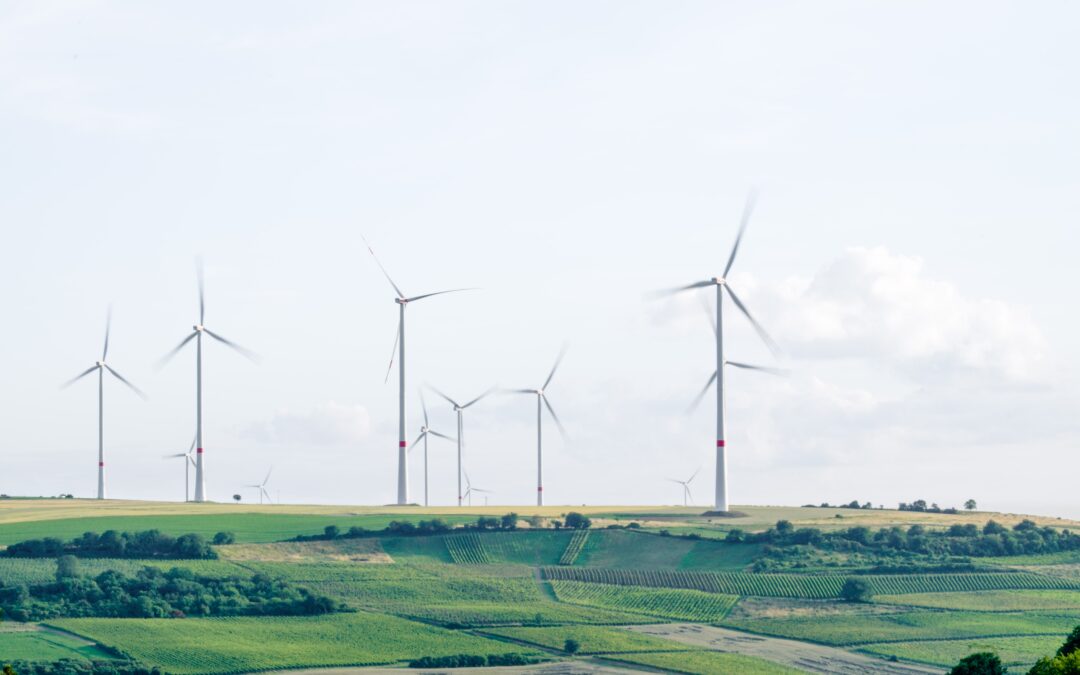If you talk to the younger generation today (teenagers and 20-somethings), you will hear that our world is destined for disaster, in their life-time. And who can blame them for thinking this. Climate scientists themselves are now admitting they have been skewing the data on climate change for decades, in a desperate attempt to get people to listen. What this means is, while the climate is changing, it’s nowhere near as devastating as their reports repeatedly suggest. Add to this the media, who will jump on any ‘climate crisis’ story they can, because it makes for good ratings, and it’s no wonder our younger generation is riddled with anxiety over their future.
This is why the Noahic Covenant is so important to our cultural moment. Following Noah’s flood, God promises that ‘As long as the earth endures, seedtime and harvest, cold and heat, summer and winter, day and night will never cease.’ (Gen 8:22). God then ratifies this promise with an oath in the Noahic Covenant.
This is not to say that climate change is fictitious. Christians should listen to science when it says (i) the earth’s average temperature has risen a little over 1°C since the Industrial Revolution, (ii) that human activity has a significant part to play in this, or (iii) that if we do nothing, it will rise by another 1°C by 2100. Nor should Christians give up on environmentalism. We should be the first to care for God’s creation, including lowering our carbon footprint.
Yet Christians should not join the current bandwagon of climate change hysteria. Rather than adding fuel to the fire of our younger generation’s anxieties, we should help them see that even if our climate changes, humanity will adapt, like we have before (e.g. going into and out of ice ages). So may we cast our anxieties on the Lord (1 Pet 5:7), for with his word as our guarantee, we will get through this.






